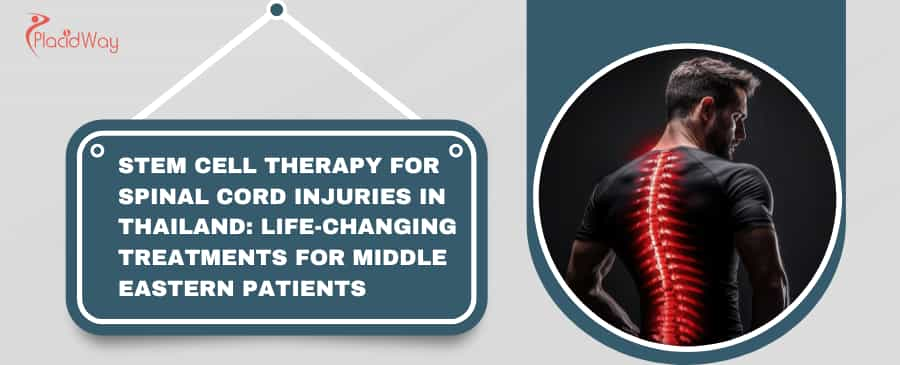
Key Takeaways
-
Middle Eastern patients can save 50%–75% on stem cell therapy in Thailand compared to the US or Europe, without compromising on medical quality.
-
Comprehensive packages typically include stem cell cultivation, multiple injection sessions (IV & Intrathecal), intensive neuro-rehabilitation, accommodation, airport transfers, and Arabic translation services.
-
Stem Cell Therapy costs vary significantly by destination:
-
Thailand Packages: $15,000 – $35,000 (All-inclusive with rehab)
-
USA (Treatment only): $25,000 – $100,000+
-
Germany/Europe: $30,000 – $50,000
-
Mexico: $8,000 – $20,000
-
Turkey: $7,000 – $18,000
-
Spinal cord injuries (SCI) were once considered permanent, but regenerative medicine is changing that narrative. For Middle Eastern patients seeking advanced, culturally sensitive, and cost-effective care, Thailand has emerged as a global leader in stem cell therapy. Unlike traditional treatments that focus only on managing symptoms, stem cell protocols in Thailand aim to repair damaged neural tissue, potentially restoring lost functions like sensation, motor control, and bowel/bladder regulation.
This guide provides a complete pathway for understanding the procedure, costs, and expected outcomes, helping you make an informed decision about your medical journey.
How Stem Cell Therapy Works for Spinal Cord Injury
Stem cell therapy targets the root cause of paralysis by regenerating damaged neurons and bridging the gap in the spinal cord.
The human spinal cord cannot self-repair effectively after severe trauma. Stem cell therapy introduces potent, undifferentiated cells into the body to promote healing. These cells act as "building blocks," differentiating into neurons and glial cells to replace damaged tissue.
Mechanism of Action:
-
Neuroprotection: Prevents further death of nerve cells immediately following injury.
-
Immunomodulation: Reduces inflammation at the injury site, which is a major barrier to healing.
-
Regeneration: Stimulates the growth of new axons and myelin sheaths (the protective coating of nerves).
-
Angiogenesis: Promotes the formation of new blood vessels to oxygenate the healing tissue.
Common Cell Types Used:
-
Mesenchymal Stem Cells (MSCs): Sourced from umbilical cord tissue (Wharton’s Jelly) or bone marrow. These are the most common due to their high safety profile and potent anti-inflammatory properties.
-
Neural Stem Cells (NSCs): Specialized cells that can differentiate directly into nerve cells.
-
Autologous vs. Allogeneic: Autologous cells come from the patient's own body (fat/bone marrow), while Allogeneic cells come from healthy, screened donors (usually umbilical cord), often preferred for their higher potency and "youthfulness."
Why Thailand is the Top Choice for Middle Eastern Patients
Thailand combines world-class medical technology with deep cultural hospitality, offering halal food, prayer facilities, and specialized Arabic translators.
For patients from the Gulf Cooperation Council (GCC) and broader Middle East, Thailand is more than just a medical destination; it is a "home away from home." Top-tier Thai hospitals are JCI-accredited (Joint Commission International), ensuring US-standard safety protocols.
Key Advantages:
-
Cultural Sensitivity: Leading hospitals have dedicated "Arab Medical Centers" with female doctors available for female patients, ensuring privacy and cultural respect.
-
Halal-Friendly Environment: Halal food is widely available, both within hospital canteens and the surrounding city. Prayer rooms and Qibla direction markers are standard in hospital suites.
-
No Visa Hassles: Citizens of many Middle Eastern countries (e.g., UAE, Qatar, Kuwait, Saudi Arabia) enjoy visa-exemption or visa-on-arrival privileges for medical treatment.
-
Advanced Rehabilitation: Thai packages uniquely combine stem cell injections with intensive physical therapy, aquatherapy, and transcranial magnetic stimulation (TMS) to maximize results.
Did You Know?
Thailand welcomes over 500,000 medical tourists from the Middle East annually, making it one of the most experienced regions in the world for handling specific cultural and medical needs of Arab patients.
The Procedure: What to Expect
The treatment protocol typically spans 14 to 21 days, involving cell harvesting (or preparation), injections, and aggressive physical therapy.
The process is minimally invasive but requires a multi-step approach to ensure the cells reach the injured area effectively.
Step 1: Evaluation & Preparation
Before arrival, doctors review MRI scans and medical history. Upon landing in Bangkok, patients undergo blood tests and physical evaluations.
Step 2: Administration of Stem Cells
-
Intrathecal Injection (Lumbar Puncture): The most critical step. Cells are injected directly into the spinal canal fluid to reach the injury site immediately.
-
Intravenous (IV) Infusion: A systemic dose to lower overall body inflammation and improve blood supply.
-
Local Injections: In some cases, cells are injected into the muscles surrounding the spine to improve support.
Step 3: Supportive Therapies
Stem cells need a "job description" to work effectively. This is provided through rehabilitation.
-
Physiotherapy: Retraining muscles to respond to new nerve signals.
-
Occupational Therapy: Relearning daily tasks.
-
Hyperbaric Oxygen Therapy (HBOT): Increasing oxygen levels to boost cell survival.
-
Acupuncture & Laser Therapy: Stimulation of nerve pathways.
Cost of Stem Cell Therapy for SCI in Thailand
Thailand offers "all-inclusive" packages that are 60% cheaper than the US, bundling treatment, rehab, and logistics into one transparent price.
The cost of Stem Cell Therapy for SCI in Thailand can vary based on the number of stem cells (ranging from 100 million to 300 million cells), the hospital's luxury level, and the length of the rehabilitation stay.
Global Cost Comparison Table
| Destination | Estimated Cost (USD) | What's Typically Included? |
| Thailand | $20,000 – $35,000 | Stem cells, 2-3 weeks rehab, accommodation, nursing, VIP transfer |
| United States | $25,000 – $50,000+ | Single injection only (Rehab & hospital stay often charged separately) |
| Germany | $28,000 – $45,000 | Treatment & short hospital stay (Living costs extra) |
| Mexico | $12,000 – $20,000 | Treatment & basic follow-up (Less intensive rehab included) |
| Turkey | $10,000 – $22,000 | Treatment, accommodation, basic rehab |
| China | $25,000 – $40,000 | Treatment & intensive TCM-based rehab |
Note: In the US, treatments are often "experimental" and not covered by insurance, meaning patients pay 100% out-of-pocket. Thailand's package pricing protects you from unexpected hospital bills.
Success Rates and Candidacy
While not a cure, 60-70% of patients report quality-of-life improvements such as regained sensation, bladder control, or muscle strength.
It is vital to manage expectations. Complete reversal of paralysis is rare, especially for complete injuries (ASIA A). However, "small" victories can be life-changing.
Who is the Ideal Candidate?
-
Injury Type: Incomplete spinal cord injuries (ASIA B, C, D) respond best.
-
Timing: Treatment is most effective within the first 2 years of injury, though chronic cases (5+ years) still show benefits in quality of life.
-
Health Status: Patients must be free of active infections and cancer.
Measurable Outcomes:
-
Autonomic Function: Improved bowel and bladder control (often the #1 goal for patients).
-
Sensation: Return of feeling in extremities.
-
Motor Function: Increased ability to move fingers, toes, or limbs.
-
Reduction in Spasticity: Less muscle stiffness and pain.
Expert Insight: "The combination of quantity and quality of cells matters. In Thailand, we use expanded umbilical cord MSCs, allowing us to administer doses of 200 million+ active cells, a dosage often restricted in other jurisdictions. This high cell count is crucial for overcoming the harsh environment of a spinal cord lesion." — Dr. S., Regenerative Medicine Specialist, Bangkok.
Risks and Safety Considerations
Stem cell therapy is generally safe, but choosing a reputable, accredited facility is non-negotiable to avoid infection or ineffective treatment.
Potential Side Effects:
-
Transient Fever/Flu-like Symptoms: Common immune response lasting 24-48 hours.
-
Headache: Can occur after lumbar puncture.
-
Injection Site Pain: Mild soreness.
Rare but Serious Risks:
-
Infection (Meningitis): Risk if the procedure is not performed in a sterile, hospital-grade operating room.
-
Cell Rejection: Rare with MSCs (which are "immune-privileged"), but possible.
-
Tumorigenesis: The risk of cells turning into tumors. Note: This risk is associated with Embryonic Stem Cells (ESCs). Thailand primarily uses Adult MSCs, which have a proven safety record and do not carry this risk.
Frequently Asked Questions (FAQ)
Can stem cell therapy cure paralysis?
No, there is currently no "cure" for paralysis. Stem cell therapy is a functional treatment designed to improve quality of life, restore specific functions (like sensation or bladder control), and potentially regain some motor movement. It is not a guarantee of walking again.
How long do I need to stay in Thailand for treatment?
Most comprehensive packages require a stay of 14 to 21 days. This allows time for multiple injections (spaced days apart) and, crucially, a course of intensive rehabilitation to help the body utilize the new cells.
Is stem cell therapy in Thailand legal?
Yes. Thailand has a regulated framework for medical tourism and regenerative medicine. However, it is vital to choose clinics that are strictly compliant with Thai FDA regulations and international GMP (Good Manufacturing Practice) standards for cell culturing.
Why is Thailand cheaper than the US?
The lower cost is due to the lower cost of living, labor, and hospital operations in Thailand—not lower quality. Additionally, Thailand's medical tourism sector is highly competitive, driving clinics to offer inclusive, value-packed bundles.
Can I bring my family with me?
Absolutely. Thai medical culture is very family-oriented. Hospital suites often include space for family members to stay, and hotels nearby are accustomed to hosting large families from the Middle East for extended stays.
Are the stem cells used Halal?
Mesenchymal stem cells are derived from umbilical cord tissue or the patient's own body (bone marrow/fat). They do not contain porcine (pork) products. Most reputable clinics for international patients are fully aware of Halal requirements for all medical and dietary products.
Will I need to come back for a second treatment?
Many patients choose to return for "booster" treatments 6 to 12 months later if they see progress. SCI recovery is cumulative; the first round may restore sensation, while a second round might target motor control.
Ready to Explore Your Options?
Regaining independence starts with the right information. Don't navigate this complex medical journey alone.
Get a Free, No-Obligation Treatment Plan Today.
PlacidWay connects you directly with top-tier Thai specialists. We can help you:
-
Compare Quotes: Get transparent pricing from multiple JCI-accredited hospitals.
-
Verify Credentials: Ensure your doctor is a board-certified expert.
-
Arrange Logistics: From airport pickup to Arabic translators.
[Click Here to Request a Free Consultation & Cost Estimate]




.png)



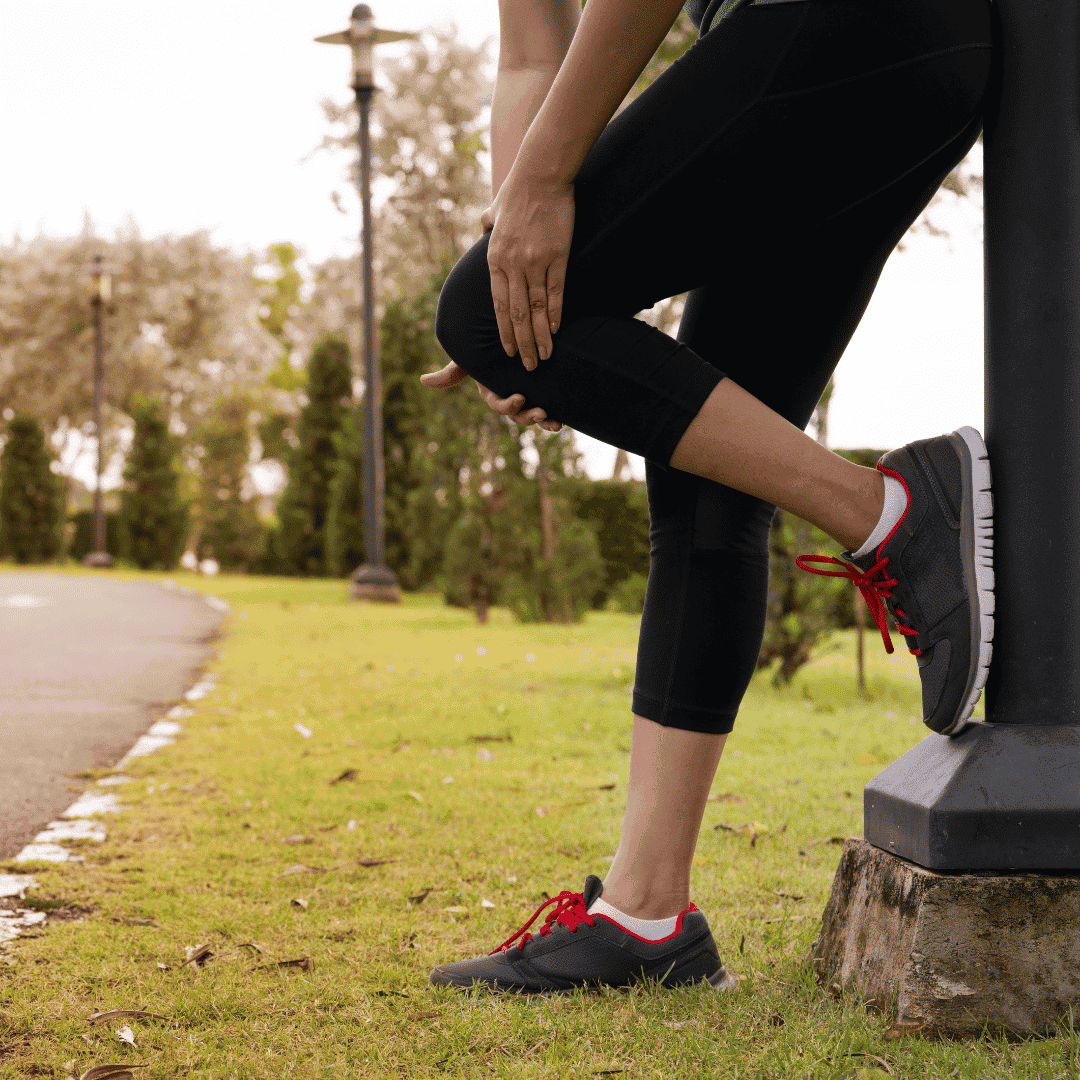
.png)
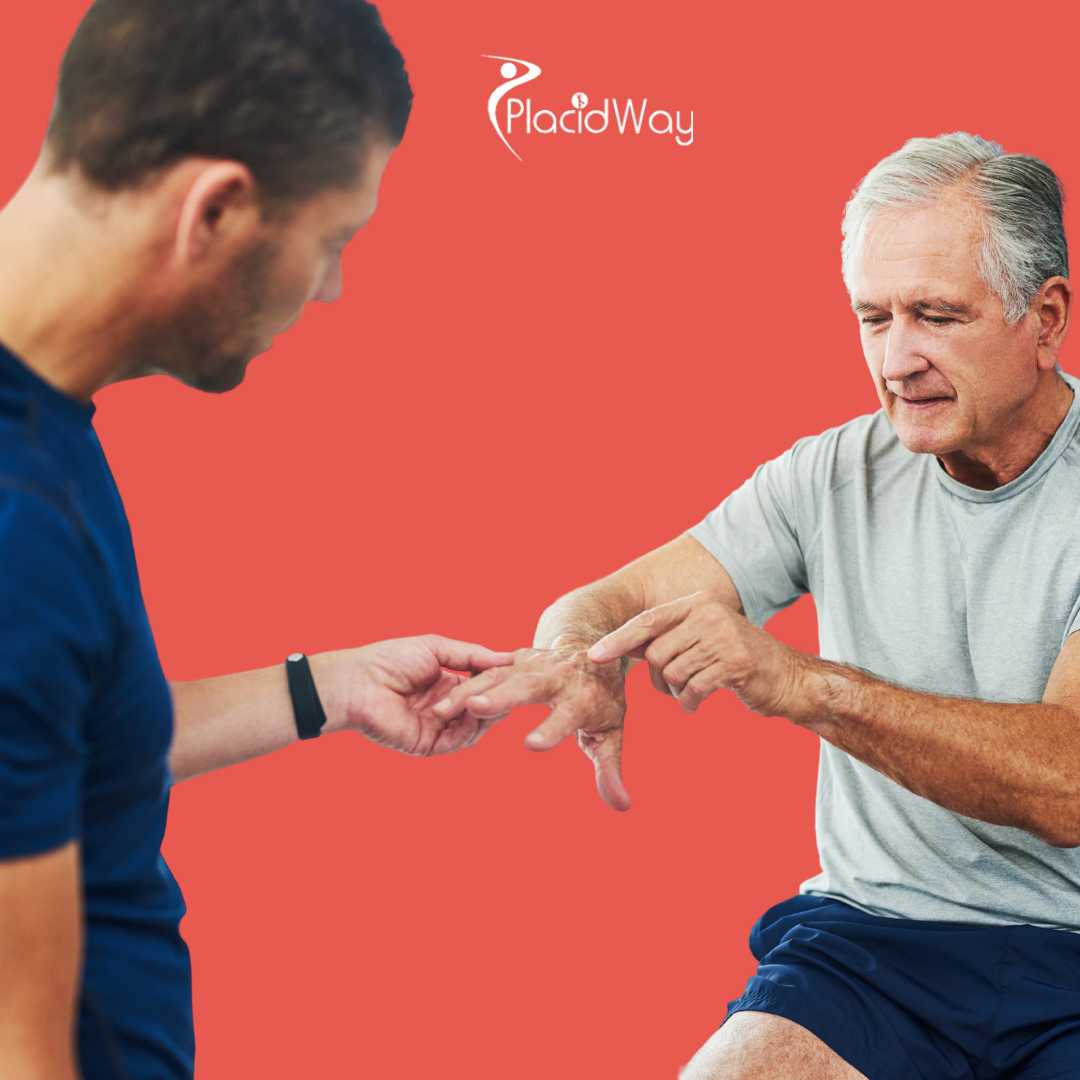
.png)
.png)
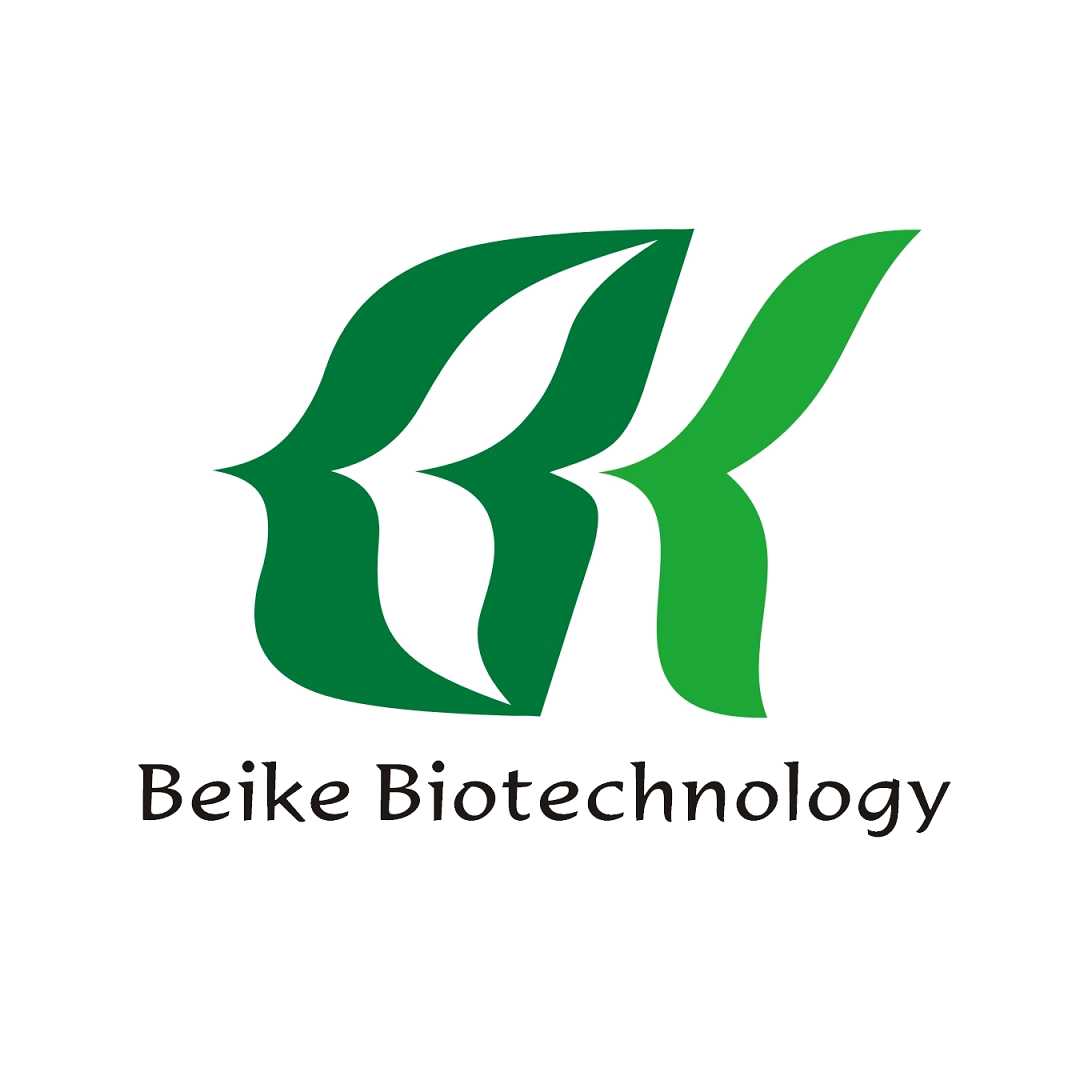

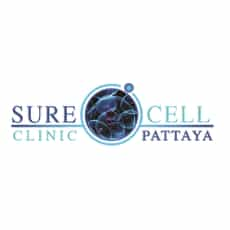
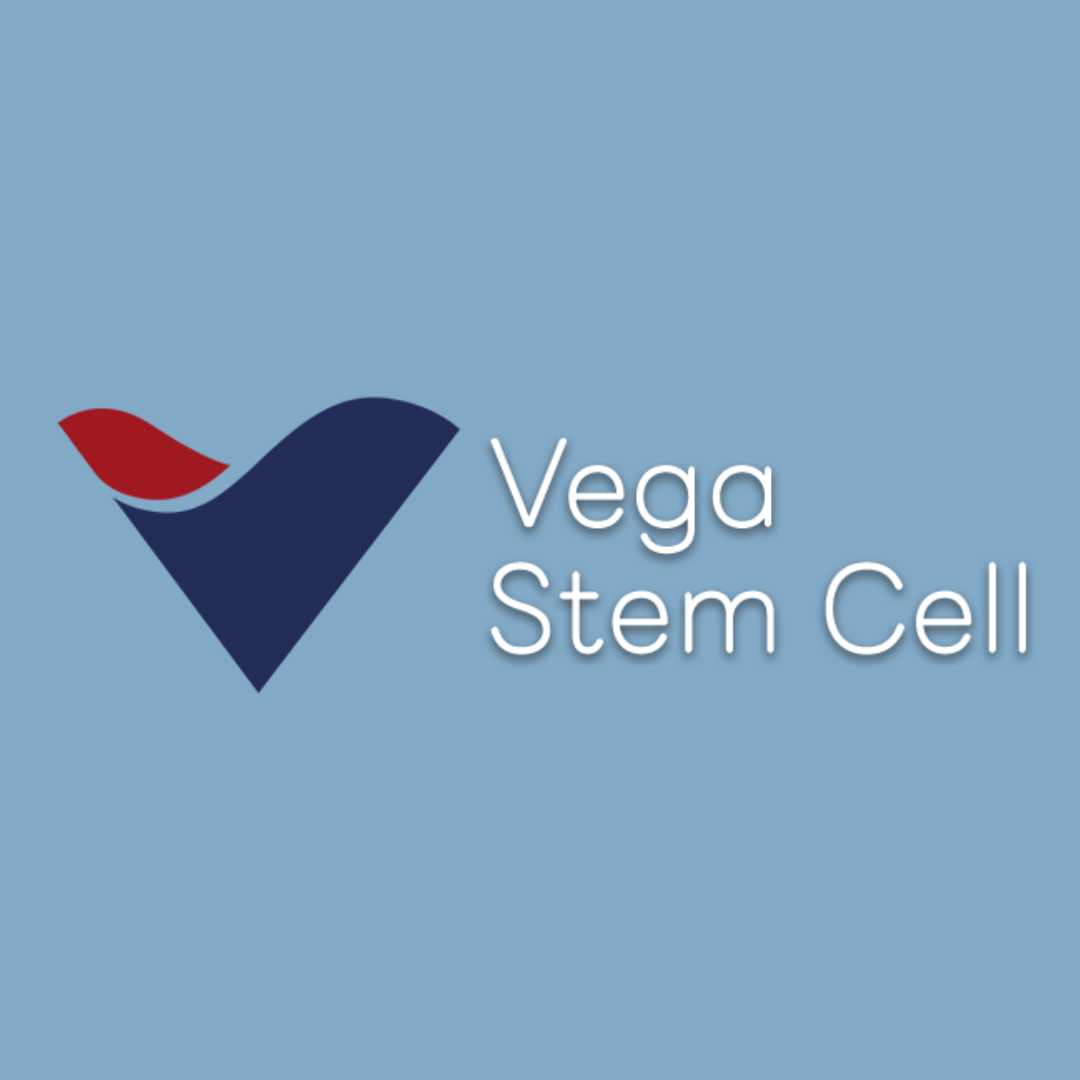
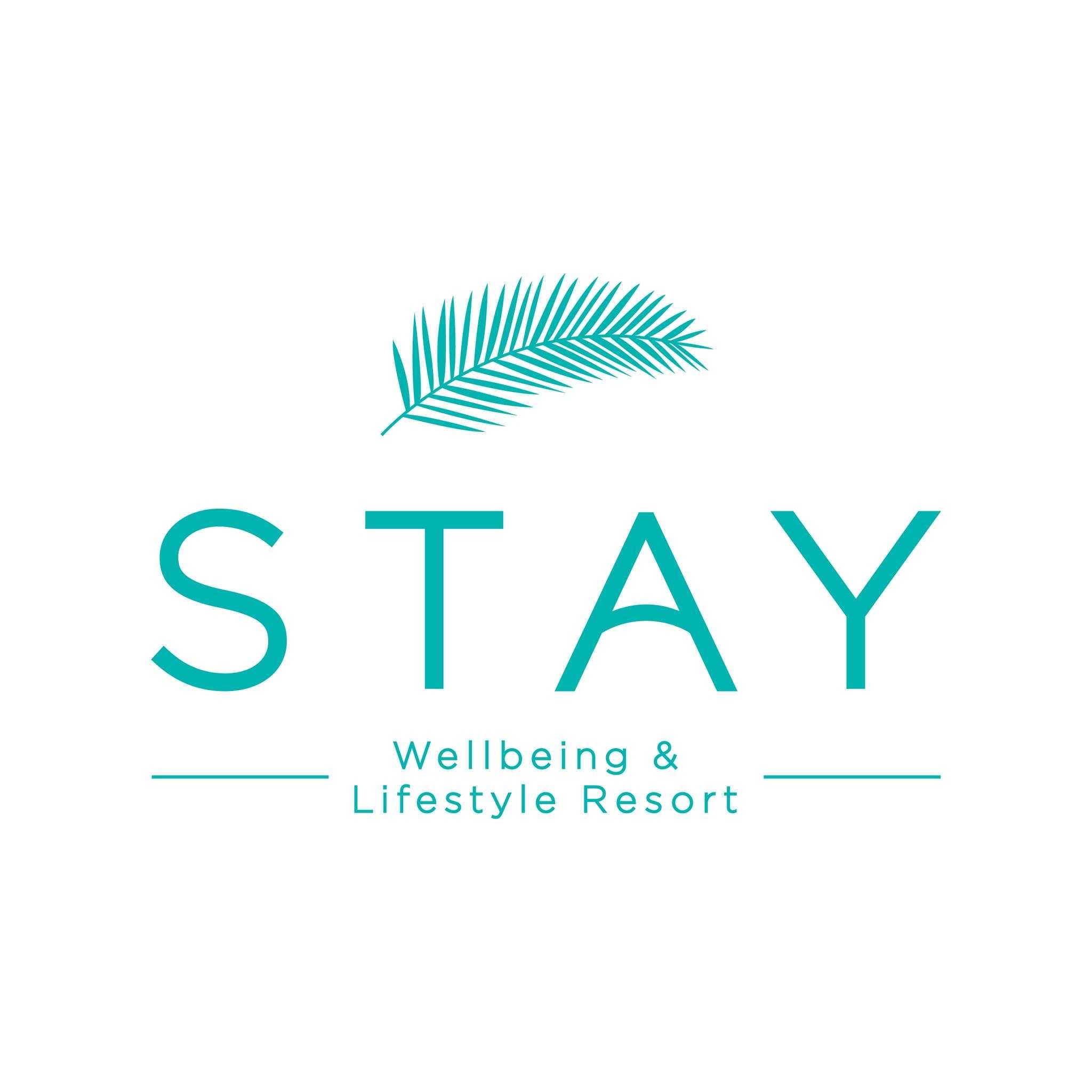

Share this listing